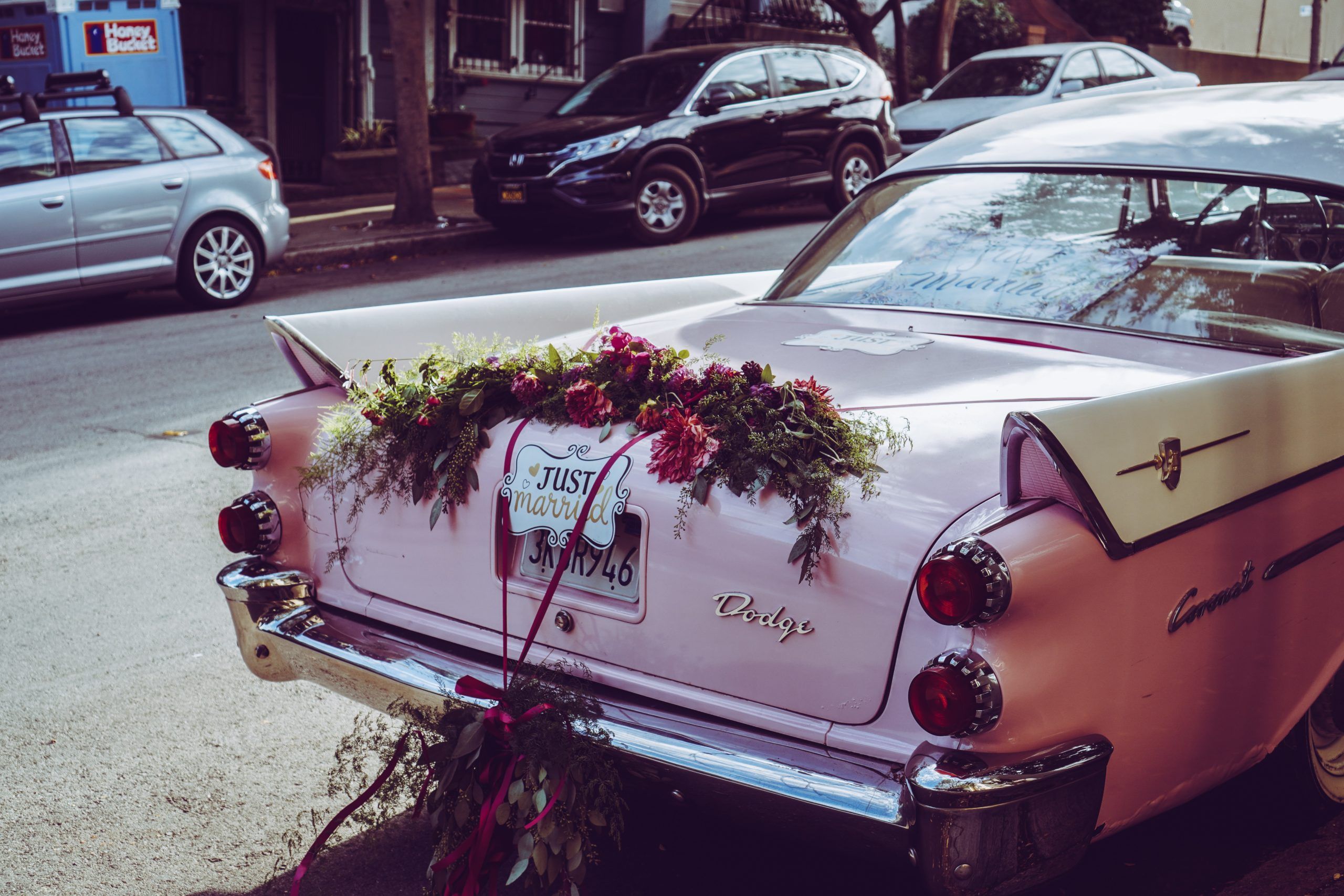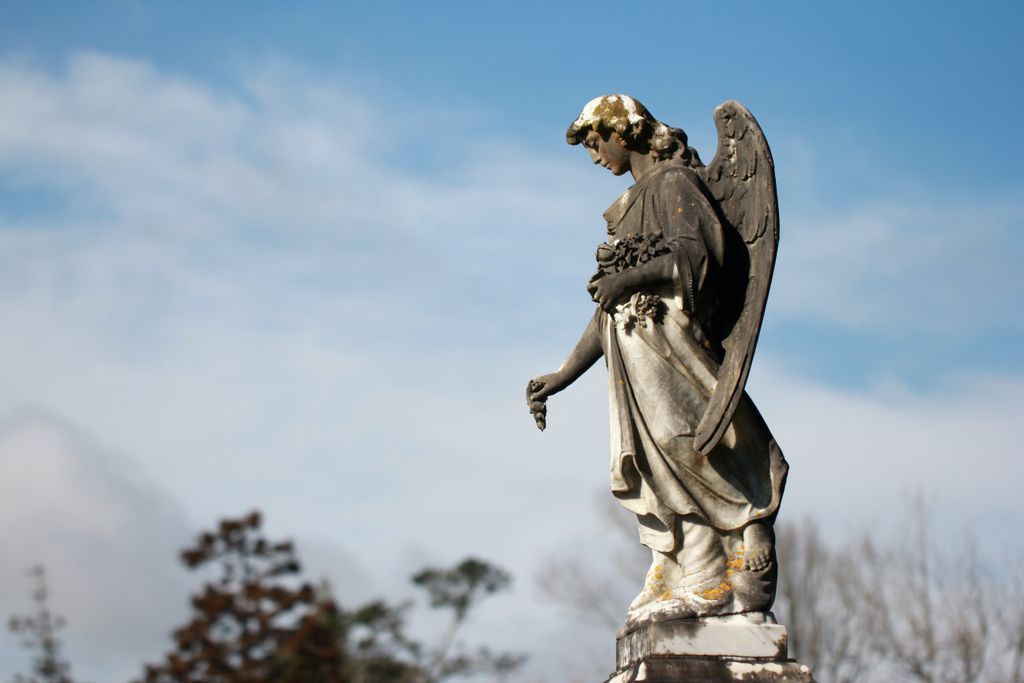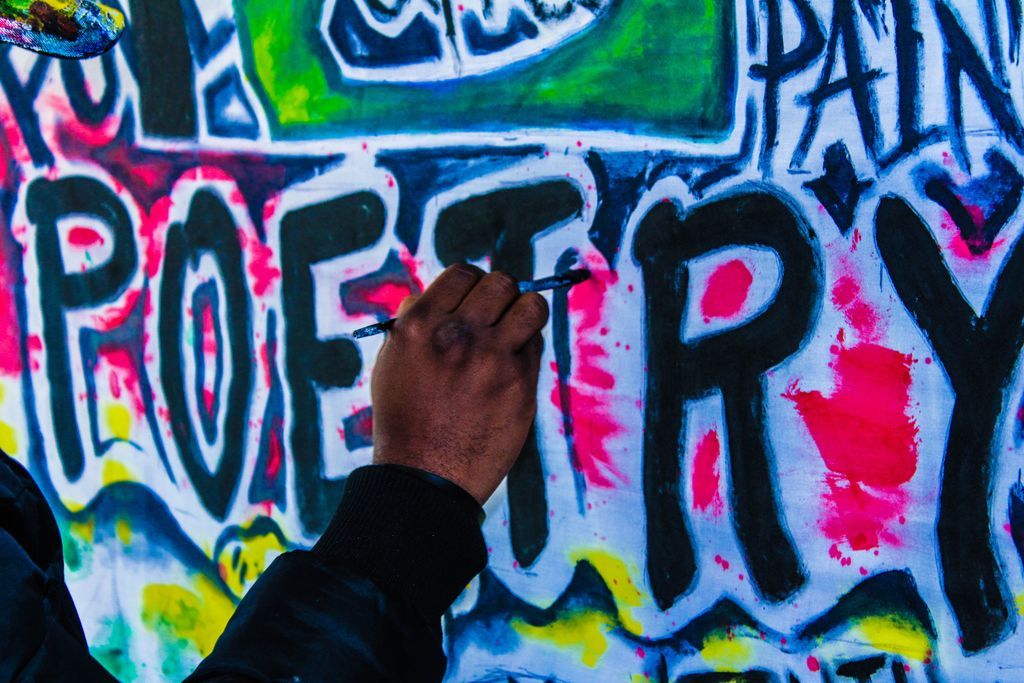It’s no surprise, then, that certain poems rise above the rest and stay with people throughout their lives. Or that the subject matter of certain poems pertain to a life event that many of us experience, whether that’s falling in love, losing a loved one, or going through a personal transformation. We wanted to do a little research to find out what those poems are: What selected favorites are plucked from the world’s book of poetry and find themselves in wedding vows, eulogies, or sneak their way into popular culture. We found, however, that the most cited/favored poems skew heavily toward white poets, and starkly lacks the diversity we would hope to see. This is in large part the result of the racial, gender, and class bias at play when works are selected for the western literary canon. A literary canon is a collection works that are considered essential and were incredibly important and influential for a certain time period or place. The canon tends to dictate what authors are taught in classrooms, since teachers have historically selected their readings from it; in short, this is where the “classics” live. The Great Gatsbys and the Gulliver’s Travels and the Beowulfs of literature. Just based on that small sample, you can already see the problem: the western canon is incredibly white and European-focused. For a short history lesson, the American literary canon didn’t become a thing until American literature classes became a thing in the 1890s. The educators who chose what to teach essentially shaped the early canon—and they were educated, privileged white men. A “canon of literature” gained traction in the 1920s, and its roster reflected its selectors. Those who did not have access to literacy, education, and higher socioeconomic status, namely everyone else except for white men (and some white women), were excluded from the canon. Nothing changed for decades. The canon did not include Black American authors until the Civil Rights era. Harold Bloom’s 1995 book defining the western canon listed 21 white male writers, three white female writers, and two South American male writers (Pablo Neruda and Jorge Luis Borges). The canon has been expanding and reforming to include literature from all over the world, but the expansion has been slow going, which brings us back to poetry. The average person’s exposure to poetry is relatively limited unless poetry is really, really their thing, and their exposure tends to come from what they’re taught in school or what shows up in popular culture, which perpetuates this limited, white Euro-centric view of the poetry out there. Hopefully with increased exposure and literary canon reform, the most cited poems will grow far more diverse to reflect the true body of work in the poetry world. This is by no means an exhaustive list; only one poem per author was selected for the sake of brevity, since a number of the below poets had multiple poems show up numerous times. If the title contains a link, then there’s only an excerpt of its more famous lines displayed instead of the entire poem. i carry your heart with me(i carry it in my heart)i am never without it(anywhere i go you go,my dear;and whatever is done by only me is your doing,my darling) i fear no fate(for you are my fate,my sweet)i want no world(for beautiful you are my world,my true) and it’s you are whatever a moon has always meant and whatever a sun will always sing is you Shall I compare thee to a summer’s day? Thou art more lovely and more temperate: Rough winds do shake the darling buds of May, And summer’s lease hath all too short a date; … …I love you without knowing how, or when, or from where, I love you directly without problems or pride: I love you like this because I don’t know any other way to love, except in this form in which I am not nor are you, so close that your hand upon my chest is mine, so close that your eyes close with my dreams. She walks in beauty, like the night Of cloudless climes and starry skies; And all that’s best of dark and bright Meet in her aspect and her eyes: Thus mellow’d to that tender light Which heaven to gaudy day denies… I came to the crowd seeking friends I came to the crowd seeking loveI came to the crowd for understanding I found you How do I love thee? Let me count the ways. I love thee to the depth and breadth and height My soul can reach, when feeling out of sight For the ends of being and ideal grace. I love thee to the level of every day’s Most quiet need, by sun and candle-light. …I hold it true, whate’er befall; I feel it, when I sorrow most; ‘Tis better to have loved and lost Than never to have loved at all. Do not stand at my grave and weep, I am not there, I do not sleep. I am in a thousand winds that blow, I am the softly falling snow. I am the gentle showers of rain, I am the fields of ripening grain. Death is nothing at all.I have only slipped away to the next room.I am I and you are you.Whatever we were to each other,That, we still are… Remember me when I am gone away, Gone far away into the silent land; When you can no more hold me by the hand, Nor I half turn to go yet turning stay. Remember me when no more day by day You tell me of our future that you plann’d: Only remember me; you understand It will be late to counsel then or pray. To the living, I am gone. To the sorrowful, I will never return. To the angry, I was cheated, But to the happy, I am at peace, And to the faithful, I have never left… I have eaten the plums that were in the icebox and which you were probably saving for breakfast Once upon a midnight dreary, while I pondered, weak and weary, Over many a quaint and curious volume of forgotten lore— While I nodded, nearly napping, suddenly there came a tapping, As of some one gently rapping, rapping at my chamber door. “’Tis some visitor,” I muttered, “tapping at my chamber door— Only this and nothing more.” … I, too, sing America. I am the darker brother. They send me to eat in the kitchen When company comes, But I laugh, And eat well, And grow strong. …Water, water, every where, And all the boards did shrink; Water, water, every where, Nor any drop to drink… THE POOL PLAYERS. SEVEN AT THE GOLDEN SHOVEL. We real cool. We Left school. We Lurk late. We Strike straight. We …Do I dare Disturb the universe? In a minute there is time For decisions and revisions which a minute will reverse… O Captain! my Captain! our fearful trip is done, The ship has weather’d every rack, the prize we sought is won, The port is near, the bells I hear, the people all exulting, While follow eyes the steady keel, the vessel grim and daring; But O heart! heart! heart! O the bleeding drops of red, Where on the deck my Captain lies, Fallen cold and dead… You may write me down in history With your bitter, twisted lies, You may trod me in the very dirt But still, like dust, I’ll rise… The art of losing isn’t hard to master; so many things seem filled with the intent to be lost that their loss is no disaster… No man is an island, Entire of itself, Every man is a piece of the continent, A part of the main. If a clod be washed away by the sea, Europe is the less. …Two roads diverged in a wood, and I— I took the one less traveled by, And that has made all the difference. “Hope” is the thing with feathers— That perches in the soul— And sings the tune without the words— And never stops—at all— And sweetest—in the Gale—is heard— And sore must be the storm— That could abash the little Bird That kept so many warm— Do not go gentle into that good night, Old age should burn and rave at close of day; Rage, rage against the dying of the light… Had I the heaven’s embroidered cloths, Enwrought with golden and silver light, The blue and the dim and the dark cloths Of night and light and the half-light; I would spread the cloths under your feet: But I, being poor, have only my dreams; I have spread my dreams under your feet; Tread softly because you tread on my dreams.






































